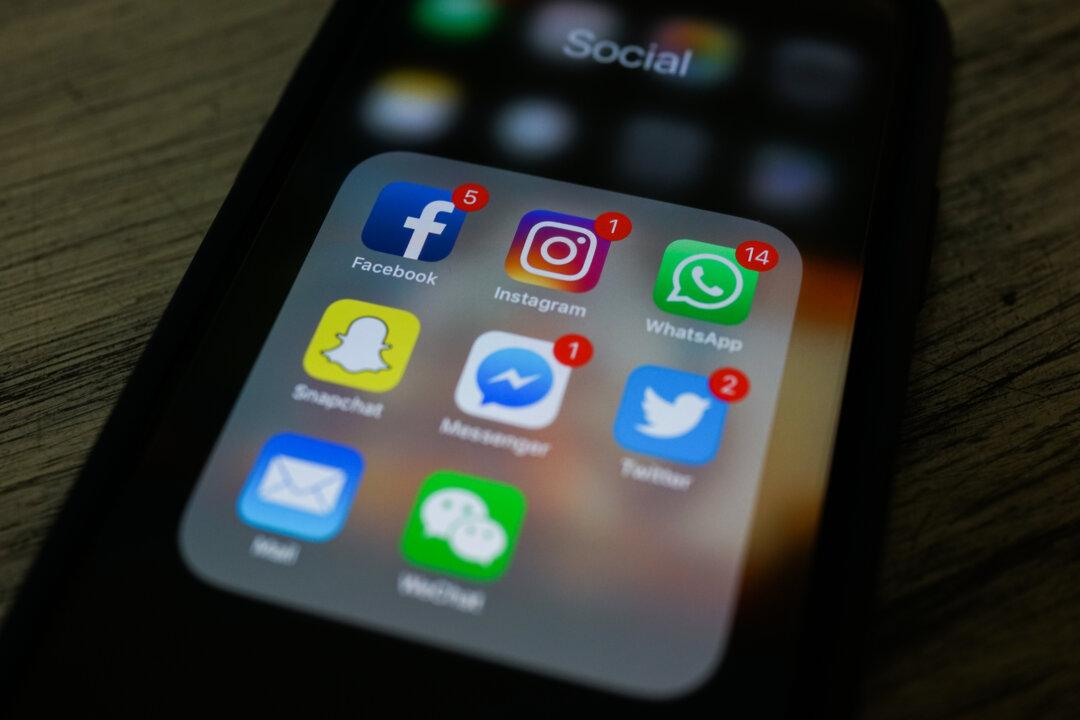Australia’s e-safety commissioner, the independent regulator for online safety, has taken aim at tech giants Apple and Microsoft for allegedly “turning a blind eye” to child exploitation on iCloud and OneDrive.
In a press release on Dec. 15, e-Safety Commissioner Julie Inman Grant said the regulator had sent out legal demands for information to some of the world’s biggest technology companies in August requesting that they provide information regarding how they are actively working to tackle the issue of child abuse material and grooming.




